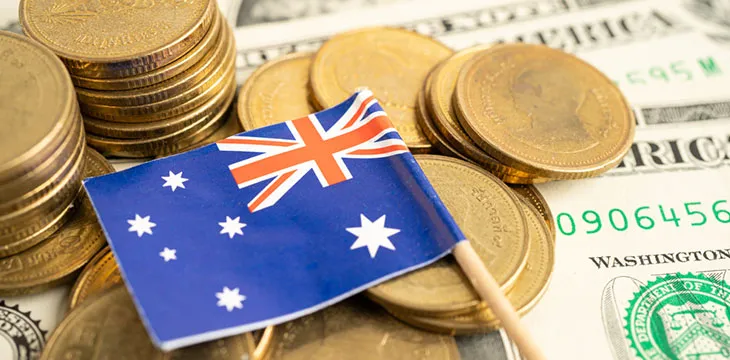|
Getting your Trinity Audio player ready...
|
As Australia navigates the uncertainties of rising digital currency adoption among residents, one senator is keen on hastening the process of creating regulations.
Senator Andrew Bragg has introduced a bill before the Australian Parliament designed to “protect consumers and promote investors.” The bill seeks to provide uniformity and a measure of control over virtual service providers offering exchange, custody, and stablecoin services.
Typically, bills that seek to introduce overarching legal frameworks are within the purview of the executive, but Australian law provides for an exception to the rule. Information from the Parliamentary Education Office disclosed that legislature members have the power to introduce “private senators’ bills,” but such bills are subject to the strictest of rules.
With 90% of government bills being passed into law, Bragg is optimistic that his ambitious bill will scale through all parliamentary hurdles. If passed into law, the bill will require all virtual asset service providers to obtain a license from the Australian Securities and Investments Commission (ASIC).
The bill stipulates requirements for the various classes of service providers, with custody providers expected to ensure a clear separation of client funds and regular reporting of holdings. Others include meeting the minimum reserve requirements to conduct business in the country, independent audits, and a contingency plan in the face of a security breach.
“Australia can be a digital asset hub whilst protecting digital asset consumers. But we must act now,” Bragg remarked.
Bragg’s bill is coming on the heels of industry collapses like FTX and Zipmex that affected Australian consumers. The senator took swipes at the present government for failing to follow the recommendations from the Australian parliament in 2021, leading to a host of challenges for the local industry.
Stemming the tide in the wake of scams
A new report disclosed that digital currency bad actors are drawn to Australia due to its lax regulatory policies and relatively wealthy population. The influx of digital currency scammers has left a sour taste for the country as Australian consumers lost over $200 million in 2022 alone.
In response, the Australian Treasury divulged plans to follow a multi-staged approach to “strengthening enforcement, bolstering consumer protection, and establishing a framework for reform.” The ASIC and the Australian Competition and Consumer Commission (ACCC) have disclosed similar plans to stem the tide of digital currency hackers.
Watch: The Future of Financial Services on Blockchain More Efficiency & Inclusion

 07-14-2025
07-14-2025 





